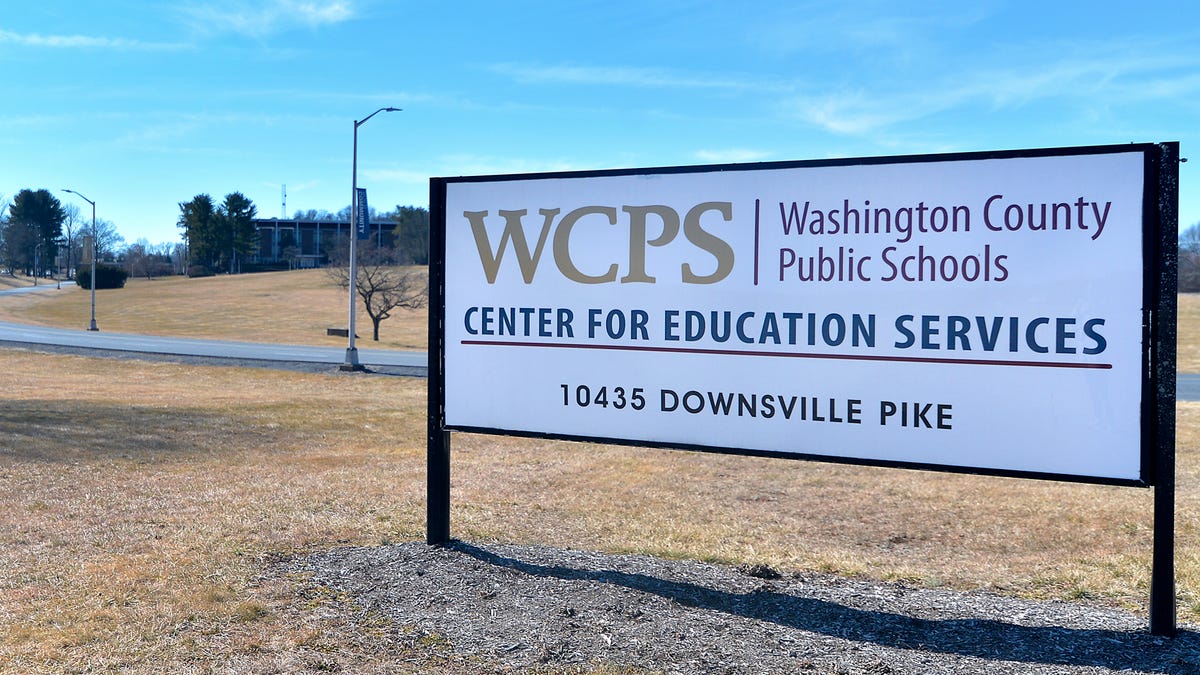Amid a growing national debate over sex offender registries, researchers who studied years of crime data from Baltimore County have released a new finding: Neighborhoods with more registered sex offenders experienced fewer reported sex offenses.
The researchers from Princeton University and the University of Michigan, who chose Baltimore County because it was the first place they found where they could get all the data they sought, say the finding underscores misconceptions about where and how sex crimes are most likely to occur. Full Article




I knew it!
Is it just me or does the narrative still wish to employ the “good intention” of registering should remain despite the empirical evidence the depicts that registries do nothing or rather, in this particular case, reveal crimes are elsewhere.
This article seems amiss as it’s leaving out pertinent information. The CDCR reveals its research reveals that over 99% of parolees do not re-offend for a sexual offense. It’s quite specific. The CDCR information blows out of the water that the registry makes no sense. Whereas this article is stating b/c of knowledge of the registry, it is the reason for less crimes. Well, where’s the sample before the implementation?
There’s narrative. And there’s empirical evidence. The two in registries don’t coincide. Similarly, the Supreme court fell for the narrative when it was presented with false facts of evidence. This is now known to be proven that the facts presented were false. Will there be retribution that the decision made by the Supreme Court was based upon false facts? I hope that Prof Ellman’s research will prompt many to ask the Supreme Court to revisit the decision along with the fact many state decisions have founded Ex Post Facto to be in fact punishment. Therefore, relegating registration as punishment.
Well, another sharp stick in the eye of fear mongers.
My newest Colder Case book-in-progress deals with a missing 10-year-old in 1931. There was a massive multi-state search for her, all over California, Oregon and Arizona, down into Mexico and as far as Texas. When her body was found a month later, there was a massive manhunt for her killer. Two expert investigators from the California Bureau of Identification and Investigation and went down south from Sacramento “armed with” about 15 files of known “degenerates” that lived in the area. That was what the registry was then. Same thing, just slower. It didn’t help though because it is still a cold case and I hope to incite a reopening of her case. Maybe with today’s forensic science they can solve it. I’ve thought of some sort of crowd-sourcing that would cover the costs of forensic tests, if the police approve, and I wonder how many of you would be willing to contribute a modest amount? This is a survey type question without any commitment right now. I”m betting that 100% of you would not condone the murder of a little girl.
Why doesn’t that surprise me?
Hey, has anyone sent a copy of this to the Runners, yet?
Hey, I am going to send this report to local officials and news outlets. I figure that if many of you do the same, we could spread this information around much of the state.
I went to my cousin’s Labor Day celebration down in San Diego this weekend. We were at the beach surrounded by hundreds of people. My family were the only ones who knew about my registrant status. Our party alone had at least 50 people. If I was such a threat, how would it help people who didn’t know about my registrant status or anyone else’s for that matter?
I guess for my neighbors or potential neighbors I guess they might want to know who they are living by. But once I leave my neighbor, what is the national registry going to do? Is every person going to have to create flash cards of the 100,000 registrants of California so they can pick them out of the crowd? Just like the person said writing the article, the registry creates a false sense of security.
BTW… I hope everyone enjoyed their Labor Day weekend. I did. Swimming, paddle boarding, kayaking, and hanging out with family and friends. I’m sure people like the Runners hate the fact that registrants are out there enjoying themselves. So every opportunity you get make sure you have as much clean fun as possible.
A research paper following scientific principles, yet where are the studies that support the repeated assertion that “most offesnses are not reported”?
And what evidence is quote to back their “possible explanations” that sex offender laws increase the attractiveness of offending away for [offenders] homes?
They shoot down one misconception and propagate several more!!!
OMG. I cannot believe this study came to light!
I must have died. This can’t be real.